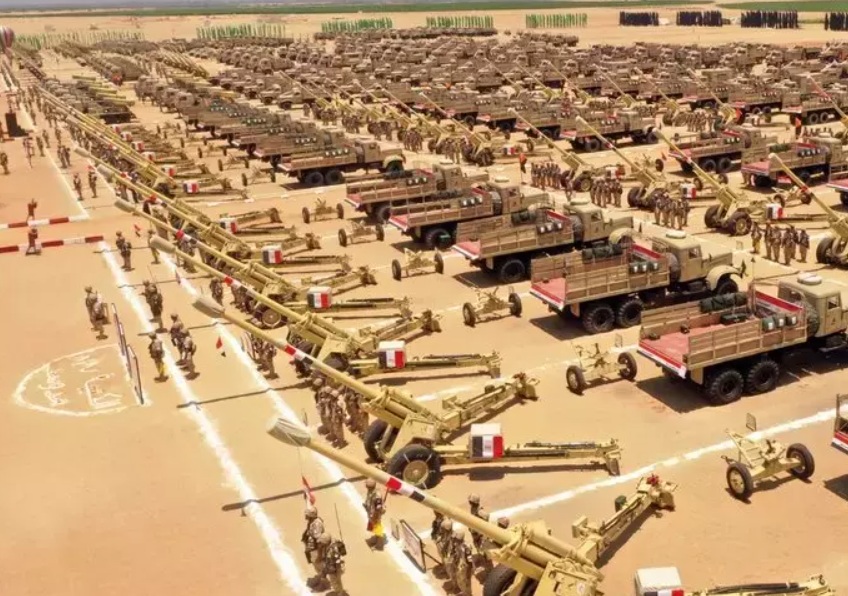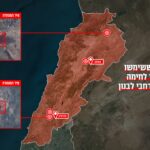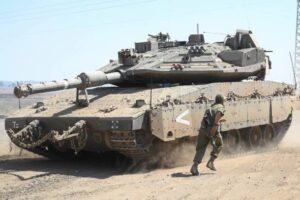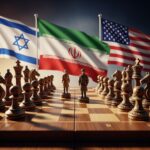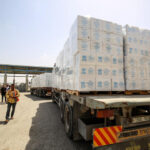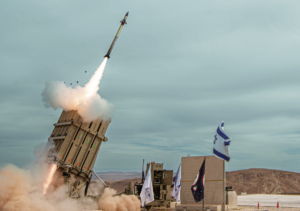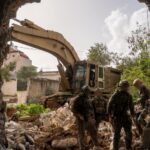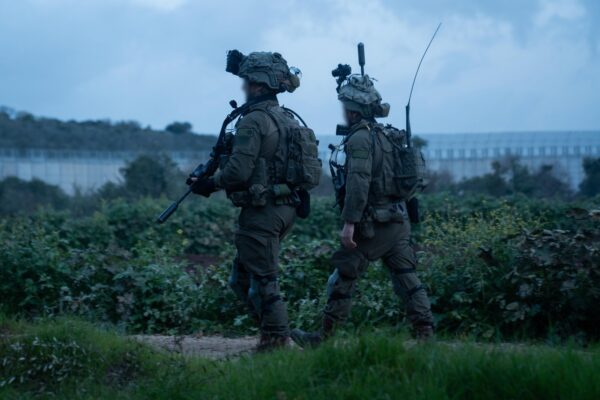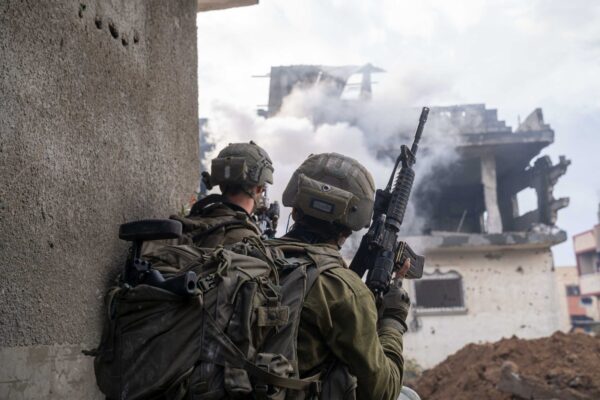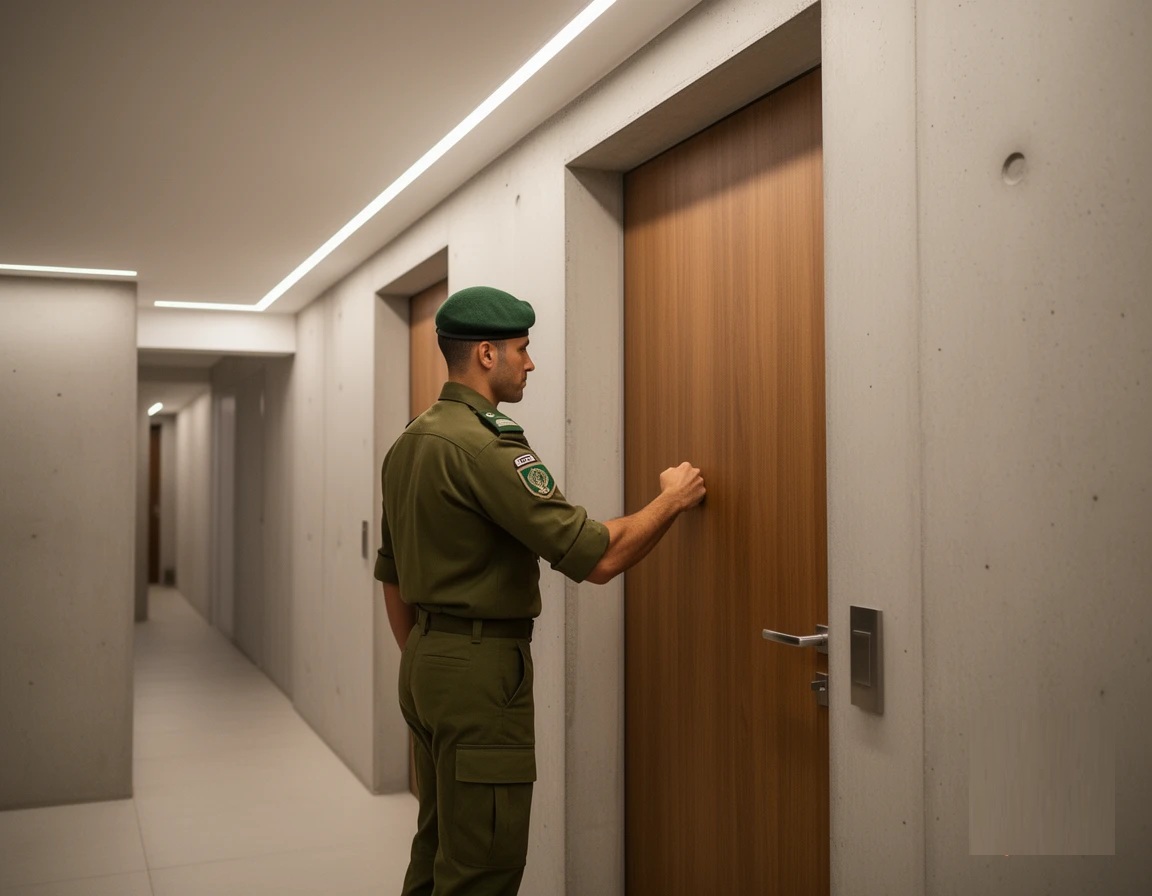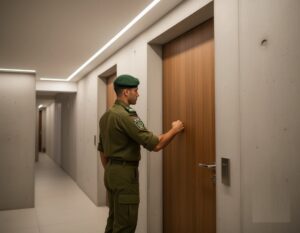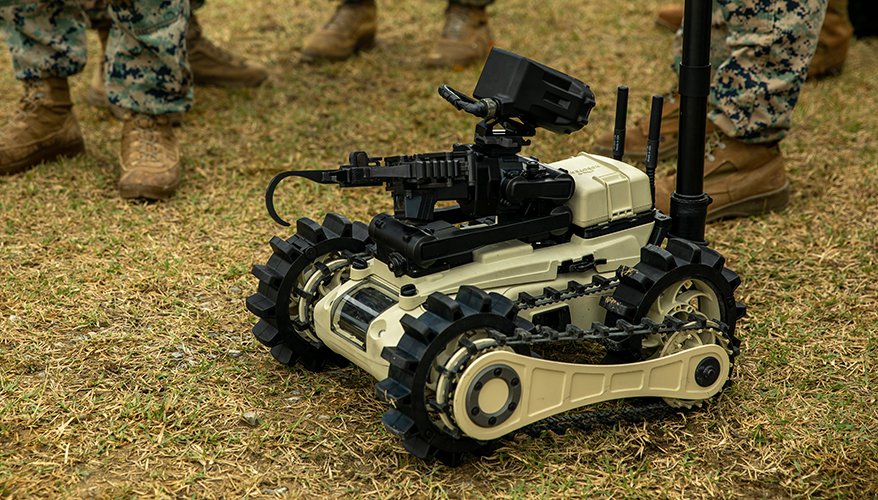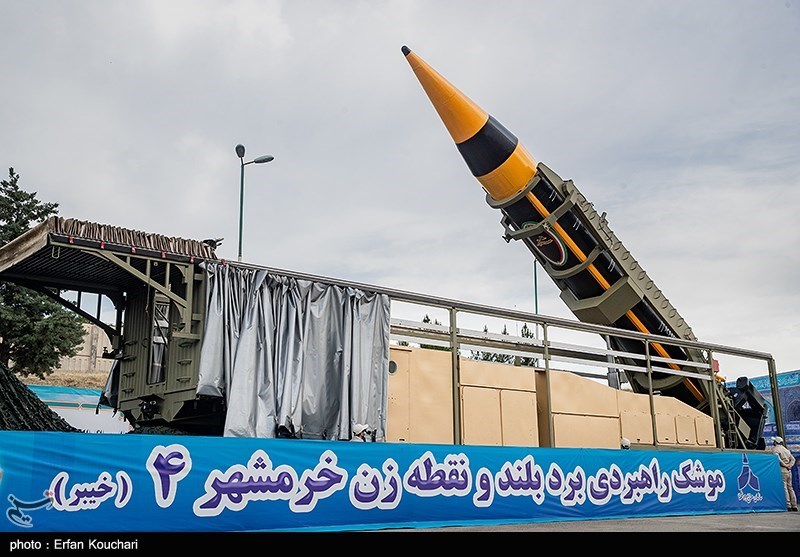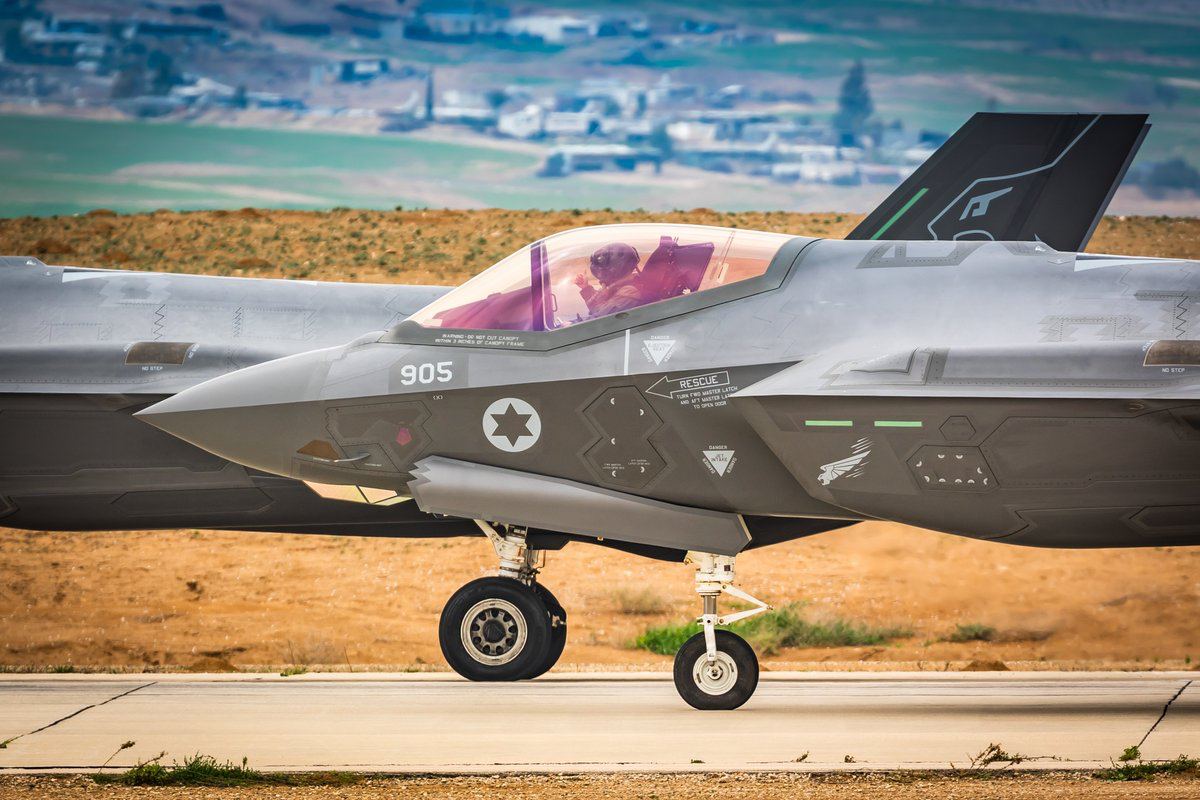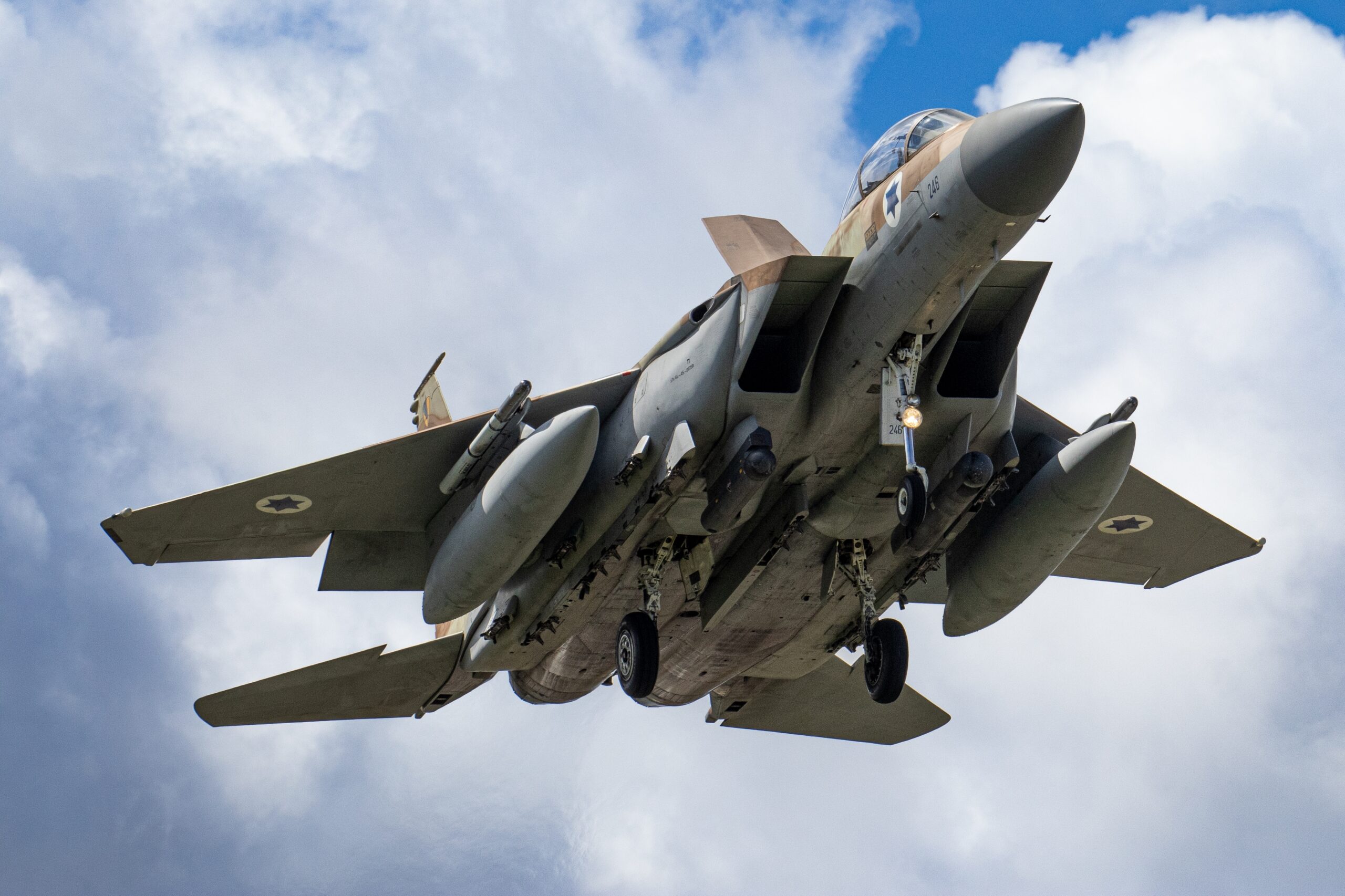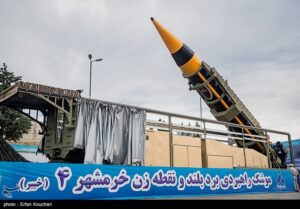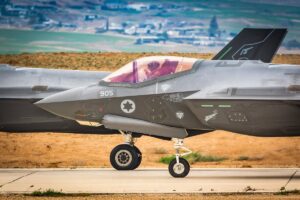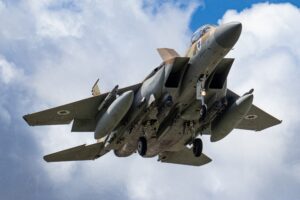Thanks to the construction of huge tunnels beneath the Suez Canal Egypt could rapidly flood the Sinai with hundreds of tanks pointed at Israel.
By Hezy Laing
In recent months, Israeli defense officials have grown increasingly uneasy about Egypt’s shifting military posture, particularly in the Sinai Peninsula.
While Egypt and Israel have maintained a formal peace since the 1979 Camp David Accords, signs on the ground suggest that Cairo may be quietly preparing for a more adversarial stance.
Though not necessarily gearing up for open war, Egypt appears to be positioning itself strategically in ways that raise alarm in Jerusalem.
One of the most visible concerns is Egypt’s military buildup in Sinai.
Under the peace treaty, Egypt is limited in the number and type of forces it can deploy in the region.
However, claiming the need to combat terrorism (especially ISIS) Egypt has significantly increased its presence, including tanks, air defense systems, and armored units.
Israeli analysts now view this expansion not just as counterterrorism, but as a hedge against future conflict.
Egypt’s ambitious infrastructure and military strategy around the Suez Canal has taken center stage in recent years, with the construction of huge tunnels beneath the canal.
The tunnels, most notably the Ahmed Hamdi Tunnel and the newer Ismailia and Port Said tunnels, are engineering feats designed to connect mainland Egypt with the historically isolated Sinai.
Built entirely by Egyptian teams, these tunnels allow for rapid military transit beneath one of the world’s most critical waterways.
Using them Egypt could rapidly flood the Sinai with hundreds of tanks pointed at Israel.
Tensions escalated further during Israel’s ground offensive in Rafiah in early 2025.
Egypt issued stern warnings against allowing Gaza refugees into Sinai, threatening to suspend diplomatic ties if such a move occurred.
In addition, Egypt reinforced its border and constructed a new wall, signaling defensive preparations that go beyond humanitarian concerns.
Adding to the unease is a wave of hostile rhetoric from Egyptian figures.
A former Egyptian pilot, speaking on the Arab podcast Al-Tariq, described Gaza as a strategic tool to “wear Israel down,” suggesting that Egypt’s doctrine is to preserve the Israeli-Palestinian conflict to keep Israel vulnerable.
This sentiment, while not official policy, reflects a mindset that sees Israel less as a peace partner and more as a regional rival.
Despite deep economic ties—particularly in natural gas exports—Israel fears that Egypt is maintaining a dual strategy: cooperating economically while preparing militarily.
The concern is not just about tanks in Sinai, but about intent. Is Egypt merely securing its borders, or is it recalibrating its long-term posture toward Israel?
While war may not be imminent, the signs are troubling.
Israel is watching closely, wary that the peace it has relied on for decades may be shifting beneath the surface.
The question now is whether these moves are precautionary—or a prelude to something more.


